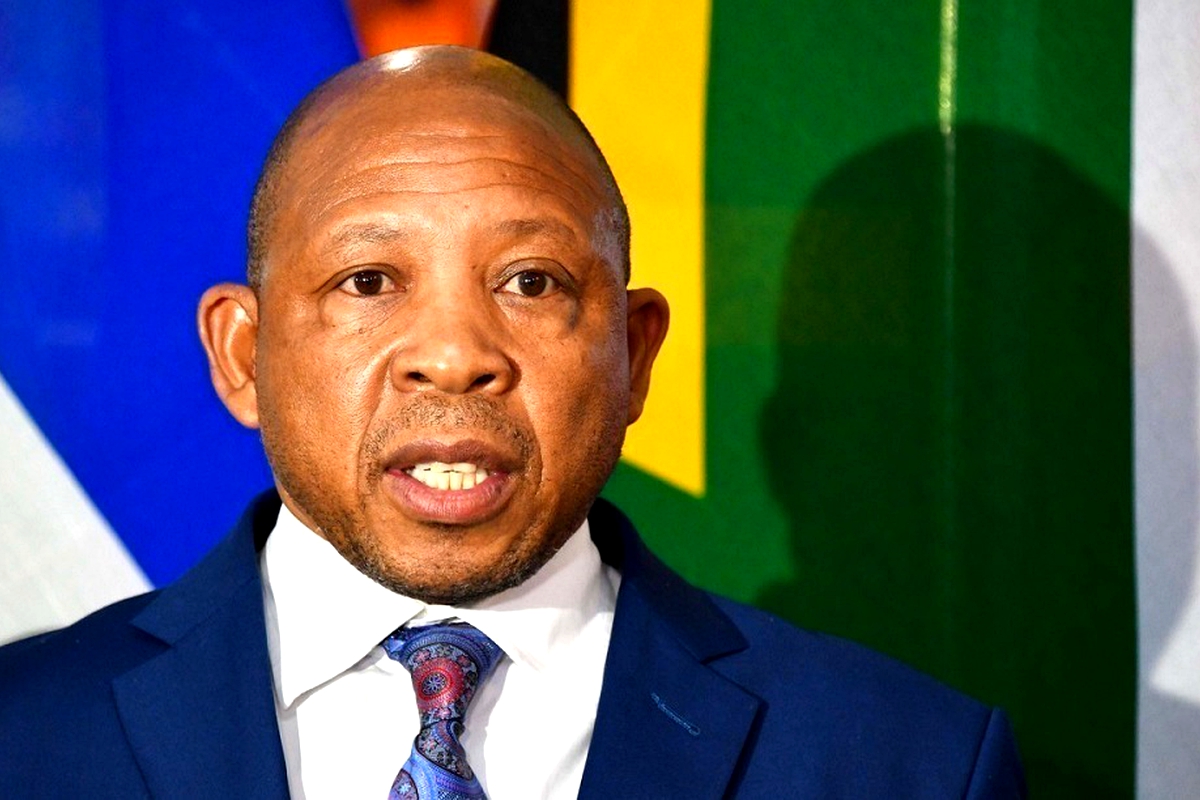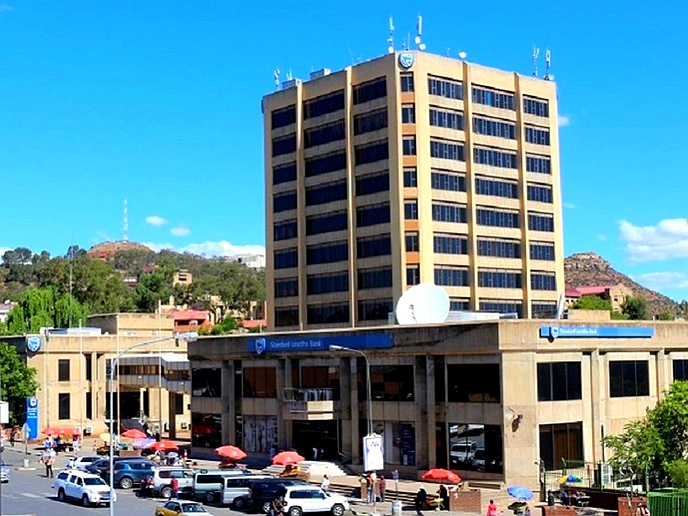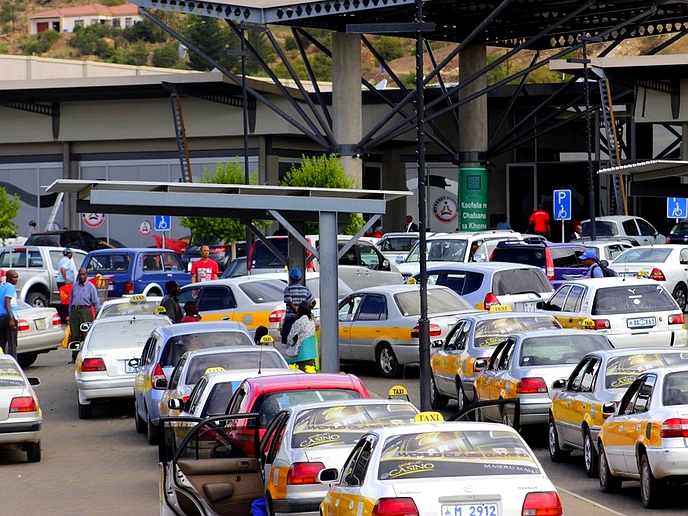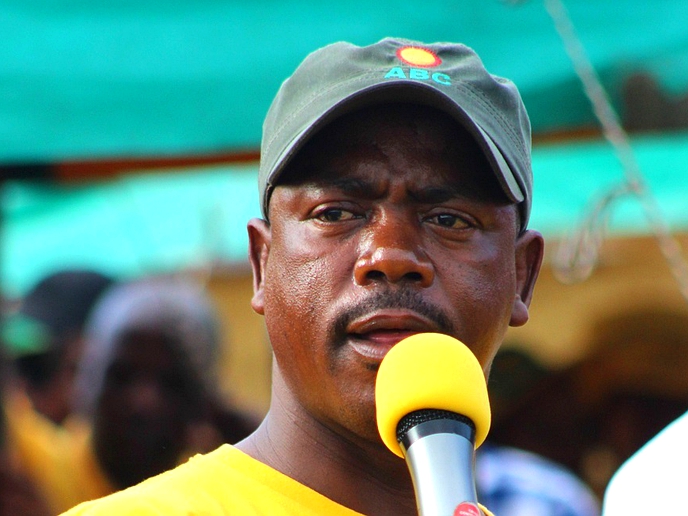A GERMAN solar company is stepping up efforts to seize assets from Lesotho as it pursues the country for damages after it reneged on its contract to build a power station.
business
June 13, 2021
STAFF REPORTER
3 min read
German solar company pursues Lesotho assets

Prime Minister Dr Moeketsi Majoro
Frazer Solar has begun seizing Lesotho’s assets abroad in order to enforce €50m in contractual damages. It has already taken control of royalties that Lesotho earns on water and power supplies to South Africa, after a US court gave it the go-ahead last month to employ tactics similar to those used by creditors to chase countries that have defaulted on their debts.
International asset seizures have increasingly become part of enforcing contracts against governments, including in Africa. Earlier this year a construction company sequestrated an international bank account of the Republic of Congo’s state oil group over a contractual dispute with the government.
Lesotho, one of the poorest countries in southern Africa, reneged on an “outstanding opportunity” to acquire renewable energy assets, including a 20-megawatt solar plant, when it abandoned a deal to finance the project in 2018, Frazer Solar said.
This was despite sign-off by the office of the then-prime minister Motsoahae Thabane, it added. A South African arbitrator this year said the company should have about half of the €100m in damages it sought. Prime Minister Dr Moeketsi Majoro said he did not know about Frazer Solar’s damages claim until it was reported in South African newspapers.
“Lesotho’s properties both in Lesotho and overseas are protected and we don’t think the action that they are proposing will succeed,” Majoro said last month.
But Frazer Solar said that it had notified the government more than two dozen times about its lawsuit and the seizures.
The group has also moved to seize Lesotho’s shares in the Mauritius-based West Indian Ocean Cable Company, one of Africa’s biggest internet infrastructure providers.
For Lesotho, which has few major industries and a small tax base, the seizures represent a big blow. Public spending makes up half of the country’s gross domestic product. More than half of the two million population are subsistence farmers and many people are forced to find work across the border in South Africa. Remittances are equivalent to about a fifth of GDP. The collapse of the Frazer Solar project is also bound up in the legacy of political instability in Lesotho, where institutions have been weakened by a history of graft and fragile coalition governments.
The arbitration concluded that the deal collapsed because Majoro, then Lesotho’s finance minister, favoured a rival renewable project backed by Chinese investors.
Enjoy our daily newsletter from today
Access exclusive newsletters, along with previews of new media releases.
The case “has been left unanswered by the government of Lesotho”, which failed to attend proceedings, it added. The prime minister did not respond to a request for comment.
Majoro took power last year after octogenarian Thabane stepped down over a police investigation into the murder of his estranged wife. Thabane denies wrongdoing.
Thabane’s premiership was marked by scandals over the alleged looting of public contracts. Thabane has always denied corruption. Frazer Solar “skipped a whole lot of steps — they also had a role to play in this thing”, said Kanono Thabane, managing director of Arbitrage, a Lesotho renewable energy company.
The German company said that it had met the Lesotho government’s guidelines on deal approval “at every stage preceding the signing of the contract” and it “was assured by the office of the prime minister that the project had received all necessary approvals”. FINANCIAL TIMES
Tailored for you






